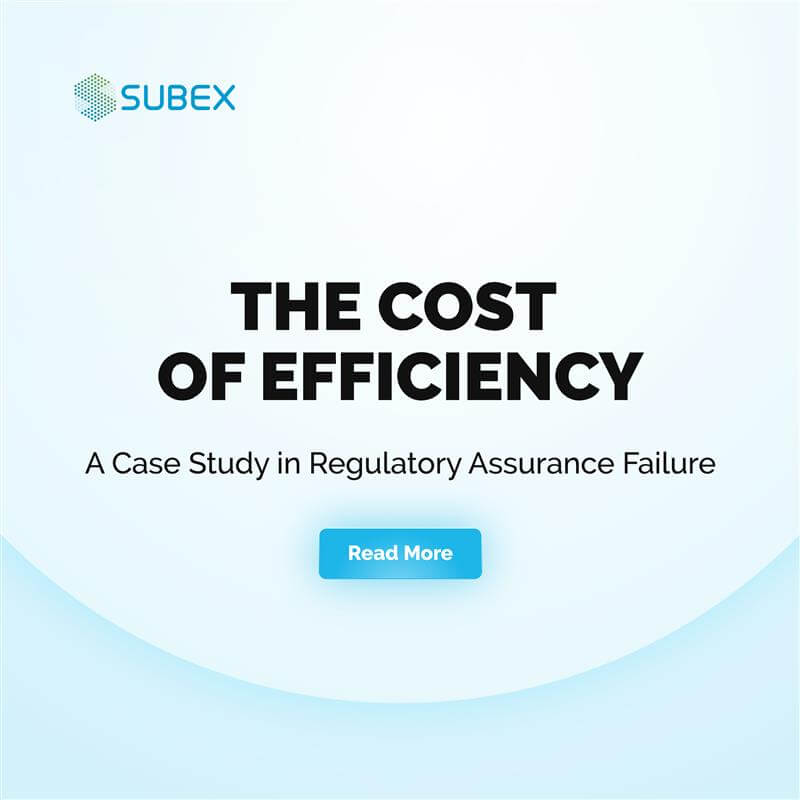Apple Pay and KakaoPay Fines Spark Privacy and Governance Debate: Lessons from the ETTO Principle

Apple Pay and KakaoPay Fined for Data Privacy Violations
In an unprecedented move, South Korea’s Personal Information Protection Commission (PIPC) issued fines totaling ₩8.3 billion (roughly $5.8 million USD) to Apple Pay and KakaoPay in January 2025. The fines highlight the consequences of non-compliance with data privacy laws. Both companies were found using an algorithm, known as the NSF (Non-Sufficient Funds) score, which transferred user data to China’s Alipay servers without user consent or appropriate regulatory oversight. The NSF score was originally intended to predict payment risks and prevent fraud, but the lack of transparency in its implementation has ignited a much larger conversation about privacy and governance in the digital age.
Understanding the Efficiency-Thoroughness Trade-Off in Governance
This incident brings the Efficiency-Thoroughness Trade-Off (ETTO) principle into sharp focus. Introduced by safety researcher Erik Hollnagel, the principle highlights the tendency of systems to prioritize efficiency over thoroughness, especially under pressure to perform. In the case of Apple Pay and KakaoPay, the push for efficient fraud prevention left no room for privacy compliance or ethical governance. Sensitive data, including email addresses, phone numbers, and account balances, was transferred daily to third-party servers without regulatory checks, creating a significant breach of trust.
The fines against these companies are a clear reminder of the risks associated with prioritizing speed and automation over accountability. By failing to implement a robust data protection impact assessment (DPIA) and neglecting to obtain user consent, both organizations compromised not only user privacy but also their reputations. This underscores the need for businesses to balance efficiency and thoroughness through well-defined governance frameworks.
The Role of Governance: Lessons from Regulatory Assurance
One key takeaway from the Apple Pay and KakaoPay case is the importance of what’s termed as “Regulatory Assurance.” This concept goes beyond legal compliance to introduce a layer of governance that ensures transparency, accountability, and user trust. The TM Forum’s Regulatory Assurance guidebook offers a roadmap for managing trade-offs between efficiency and thoroughness in increasingly automated systems. By integrating governance mechanisms across operations, compliance, and innovation, companies can prevent the kind of systemic failure that led to these fines.
For telecom operators and digital service providers, the lessons are particularly urgent. The telecom industry, driven by data analytics and automation, faces similar challenges when managing sensitive user data. Ensuring regulatory alignment is no longer just about avoiding fines—it’s about building systems that identify and balance competing priorities effectively. By asking critical questions like “What are we trading away?” and “Who decides what’s worth the trade-off?” businesses can elevate their decision-making processes and mitigate risks proactively.
Striking the Right Balance: Efficiency or Thoroughness?
The larger debate sparked by this case revolves around how businesses strike the balance between efficiency and thoroughness. According to Hollnagel, trade-offs are not inherently problematic; they’re a part of real-world operations. However, when these trade-offs occur invisibly and without governance, they can have widespread consequences. The Apple Pay and KakaoPay fines illustrate what happens when efficiency wins at the expense of thoroughness and trust. Companies must consciously address these trade-offs and ensure that operational efficiencies do not overshadow their ethical and legal responsibilities.
As the digital ecosystem grows more complex, the need for comprehensive assurance frameworks will only increase. Businesses must be prepared to ask tough questions about their processes and ensure that decisions are not simply automated but are governed with thought and intent. In the race towards innovation, companies must recognize that true success lies in building systems that protect users as well as profits.




